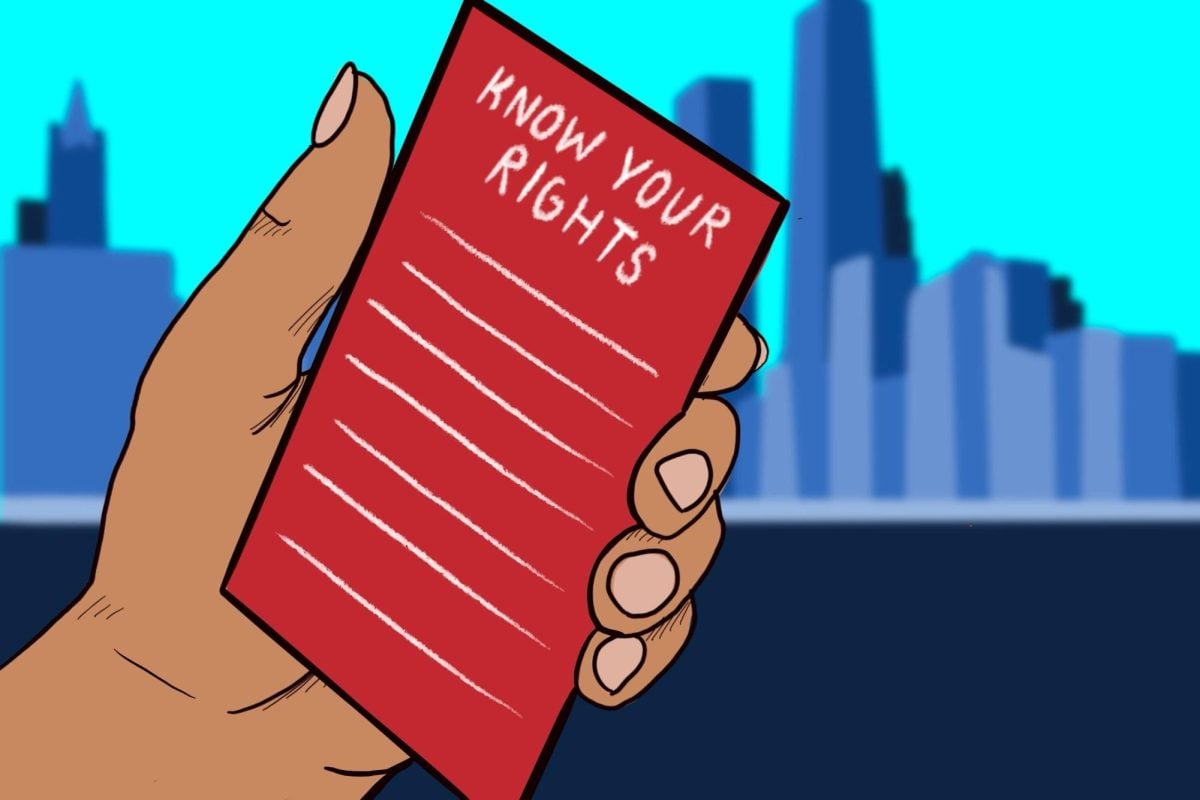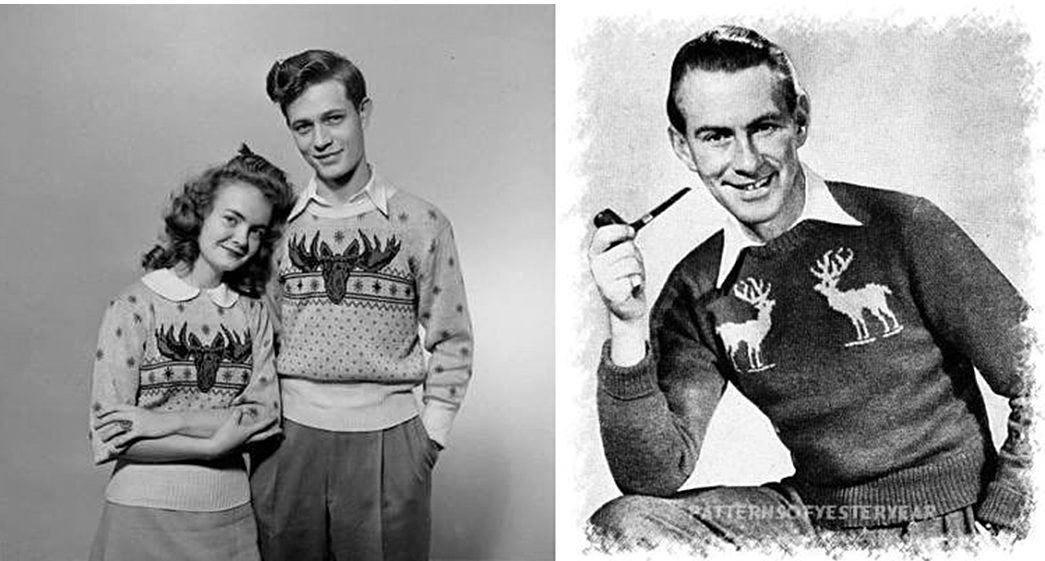
For the past few months I have been reading Robert Greene’s books non-stop, and he quickly became my favorite non-fiction writer. His writing tends to center around the idea that everyone chases power, whether they do it intentionally or not. His books are self-help books to exploit this fact of life: in order to get what you want, you must be able to understand what other people want, and use that to your advantage.
The book of his that I have read most recently was The 50th Law, a short continuation of his first book The 48 Laws of Power which he wrote in collaboration with hip-hop artist 50 Cent (Curtis Jackson). They are both extremely ruthless and cunning books that I highly recommend. One central idea about fear and strength from the 50th Law has stuck with me in particular, developed through 50 Cent’s story.
With four and half years of getting to know IB students and being one myself, I understand that most of them tend to have a very anxious view of life. They are constantly worrying about the future, whether it be for a small, upcoming quiz, or the daunting task of choosing what they want to dedicate their lives to, so they avoid and procrastinate. Despite knowing that this behavior is damaging to their lives, they’ve conditionalized this response to fear, which makes procrastination and avoidance a hard habit to break.
However, Greene and 50 Cent have come to a very different approach about dealing with fear and anxiety. Rather than avoiding social situations or studying because they make you anxious, engage with these emotions head-on. You’ll find that the fear you have can actually make yourself more fluid. You’ll come to conclusions faster, and your actions will seem more natural and less forced, which improves your confidence and appearance to others. Whatever you do, you cannot let fear paralyze you.
50 Cent, for example, grew up in an extremely hostile environment. His mother was murdered when he was eight years old, so he was forced to live with his grandparents and siblings. The fact that his grandparents were always working and didn’t have time to give him any individual attention meant that he was entirely alone.
The reality of his situation was that any obstacle he faced, he had to overcome it on his own. Fifty had little power over his circumstances. The only people who seemed to have any power in his environment were the top hustlers, since the people who took school seriously never seemed to get very far and regular street hustlers would usually end up dead or in jail. Fifty, hungry for power, decided that he would become the greatest hustler of them all. However, his customers were unpredictable and the rival hustlers didn’t like competition. If his enemies detected any weakness, it would all be over.
Whether you know it or not, the world is a harsh and competitive place. No matter if you’re in a prestigious academic institution or in the hood. Fifty’s environment immediately punished avoidant behavior because it was so dangerous, but people in less extreme circumstances don’t feel the consequences of their action until much later. It may be easy to not study or not talk to people in the short-term because procrastination provides temporary comfort, but when it’s time to take that test or attend that job interview, you’re immediately caught unprepared. Without training your mind to do otherwise, when the situation comes, you will usually respond with the habit that is the most convenient, regardless if the habit is good or bad.
Your response to fear is habitual, you will respond to every fearful situation automatically. Habits cannot be changed instantly, they need to be conditioned overtime. In my opinion, the most effective way to change habits is by using James Clear’s laws of behavior change for building good habits, which are “(1) make it obvious, (2) make it attractive, (3) make it easy, and (4) make it satisfying.”
Try doing a series of easy tasks that help you deal with anxiety a little better. The more specific, attractive, easy, and satisfying the task is, the more likely you are to keep doing it. The goal is not to ease or avoid feeling anxiety, but to change your response to it. 50 Cent had to face his fears head on to survive the hood. You must choose to.
I would like to give a personal example of one of my habits that helps change my response to anxiety. Every morning, after I’m finished with getting dressed, I set my timer for exactly 2 minutes, and I focus on my breathing. I stare at any object and when I inhale through my nose I think the words “that is the most interesting.” When I exhale through my mouth, I think of the words “thing in the world.”
This habit follows Clear’s model to a tee. It’s obvious because I know exactly when I’m supposed to breathe for two minutes, because I get dressed everyday at the exact same time. It’s attractive because I feel good while doing it. It’s easy because anyone can hyperfocus on an object and their breath for only two minutes. And it’s satisfying because I’ve implemented it into my morning routine, and it feels good when I finish a task.
To be clear, doing a single habit will not lead to instant results. However by coupling your first good habit with a second good habit that’s just as simple will bring you closer to your goals. In a personal notebook I have made 19 small and easy habits so I can change my behavior. The more little changes you make, the more likely you are to reach that habit threshold where your hard work starts to pay off. After months of going to the gym regularly, you finally have started to build muscle. After years of practicing piano, you’ve become a pianist. Each habit you make is a vote for a new identity. If you want to be a successful student, do little things that you think a successful student does. Over time your character will build, and your future self will thank you.






























